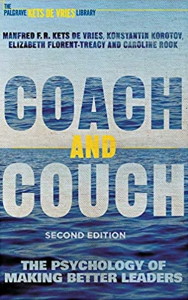by Oliver Schiltz and Roger Lehman
Optimising the R&D-to-commercialisation handover process is crucial for the survival of young biotech companies.
While many sectors were dealt a punishing blow during the pandemic, Covid-19 ushered in a boom in the biotech industry. Biotech start-ups raised US$34 billion globally in 2021, double the figure in 2020, and the worldwide market size is expected to grow nearly 14 percent per year from 2022 to 2030.
But though the industry is flourishing, many smaller firms could remain one-trick ponies that only produce a single product, while others may never bring an asset to market. Indeed, around 90 percent of drug candidates fail to make it to the commercialisation stage.
Read the article at INSEAD Knowledge.






